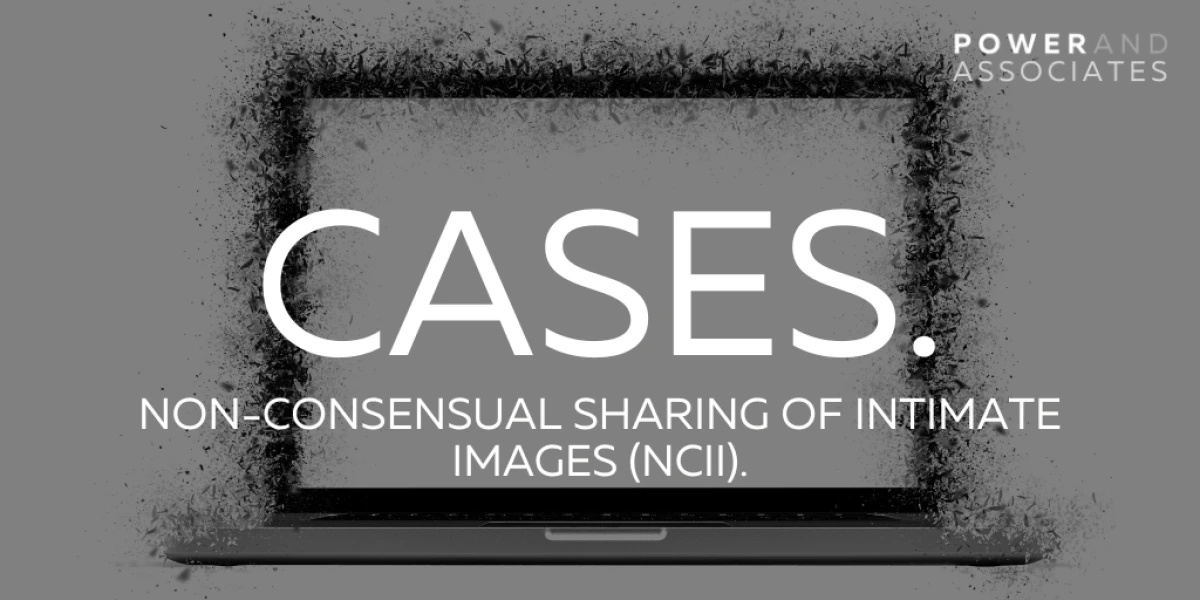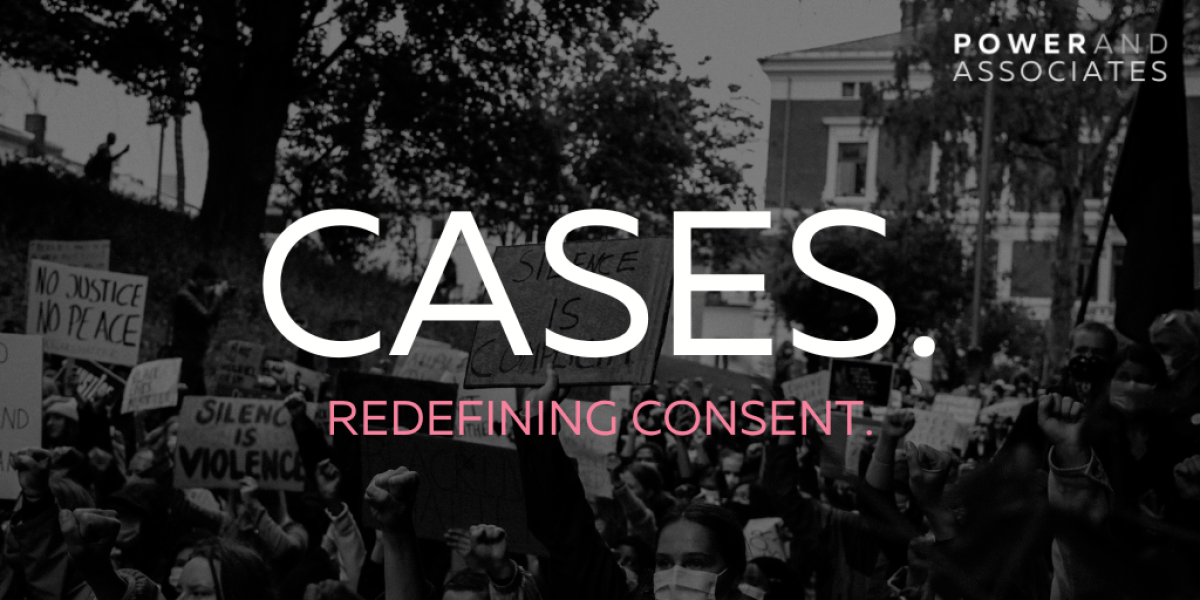Constitutional Court rules on the constitutionality of the hate speech provision in the Equality Act
Qwelane v South African Human Rights Commission and Another [2021] ZACC 22
Court: Constitutional Court of South Africa
Date of judgment: 30 July 2021
*****
Background
The case concerned an article penned by the applicant, Mr Qwelane, and published in the Sunday Sun newspaper on 20 July 2008. The article was titled “Call me names – but gay is not okay”, and included a cartoon comparing homosexuals to animals.
As a result of the article, the first respondent, the South African Human Rights Commission (SAHRC), received 350 complaints, with a further 1 000 complaints having been lodged with the Press Ombud. After considering these complaints, the Press Ombud found the Sunday Sun in breach of the South African Press Code on three counts, and ordered it to publish an appropriate apology, which the Sunday Sun did.
Thereafter, the SAHRC instituted proceedings in the Equality Court in terms of the Promotion of Equality and Prevention of Unfair Discrimination Act 4 of 2000 (Equality Act), arguing that the article constituted hate speech in terms of section 10(1) thereof.
In response, Mr Qwelane and Media24 challenged the constitutionality of section 10(1) of the Equality Act on the basis that the impugned provisions undermine the constitutionality of the sections and the rule of law on account of overbreadth and vagueness. Before the proceedings in respect of the constitutionality challenge commenced, the SAHRC reached a settlement with Media24, but the proceedings against Mr Qwelane in the Equality Court continued.
Constitutionality of the Equality Act
The Constitutional Court noted that: “Hate speech is the antithesis of the values envisioned by the right to free speech – whereas the latter advances democracy, hate speech is destructive of democracy”. It emphasised further that the expression of unpopular or even offensive beliefs does not constitute hate speech, because a healthy democracy requires a degree of tolerance towards expression or speech that shocks or offends. According to the Constitutional Court, expression will constitute hate speech when it seeks to violate the rights of another person or group of persons based on group identity.
With regard to the term “hurtful” in section 10(1) of the Equality Act, the Constitutional Court explained that if speech that is merely hurtful is considered hate speech, this would set the bar rather low. The Constitutional Court therefore held that the relationship between the limitation and the purpose was not proportionate, and that section 10(1) of the Equality Act led to an unjustifiable limitation of the Constitution. Accordingly, it held that the word “hurtful” should be excised from the provision.
With regard to the term “harmful”, the Constitutional Court explained that the term can be understood as a deep emotional and psychological harm that severely undermines the dignity of the targeted group, and did not suffer from the same fate as the term “hurtful”. It noted that, on a conjunctive reading, there would be no need to have both requirements of the statements being hurtful and harmful.
On the argument of the vagueness of section 10(1) of the Equality Act, the Constitutional Court held that section 10(1)(a) was irredeemably vague and undermined the rule of law enshrined in section 1(c) of the Constitution. It therefore would not pass constitutional muster. However, as held by the Constitutional Court, this did not render the entire impugned provision unconstitutional; rather, it was possible to excise the constitutionally offensive part from the rest of the provision.
In the result, the Constitutional Court held that severing the word “hurtful” section the impugned provision would still enable the objects of the Equality Act to be fulfilled. In affording Parliament 24 months to remedy the defect, the Constitutional Court concluded that, in the interim, section 10(1) of the Equality Act must read as follows: ”No person may publish, propagate or advocate words that are based on one or more of the prohibited grounds, against any person, that could reasonably be construed to demonstrate a clear intention to be harmful or to incite harm.”
Did Mr Qwelane’s statements constitute hate speech?
The second issue for determination was whether Mr Qwelane’s statements constituted hate speech. As noted by the Constitutional Court, it cannot be gainsaid that members of the LGBT+ community were impacted negatively by Mr Qwelane’s article. According to the Constitutional Court: “In this sense, ensuring the LGBT+ community has equal social standing and public assurance against exclusion, hostility, discrimination and violence is part of the greater transformative constitutional project …. Homophobic speech is not only problematic because it injures the dignity of members of the LGBT+ community, but also because it contributes to an environment that serves to delegitimise their very existence and their right to be treated as equals. Hate speech regulation in our country ought in my view to be grounded in the express anti-racist and anti-sexist tenets of our Constitution.”
The Constitutional Court went on to state that the speech comprised unadulterated vilification and debasement of the LGBT+ community, and that its reach and impact was undeniably extensive and devastating. Furthermore, the Constitutional Court found that the likelihood of the infliction of harm and the propagation of hatred was beyond doubt. In the words of the Constitutional Court: “The harm to not only the already vulnerable targeted LGBT+ community, but also to our constitutional project, which seeks to create an inclusive society based on the values of equality, dignity and acceptance, is indubitable.”
In the light of these findings, the Constitutional Court concluded that there could be no question that Mr Qwelane’s statements constituted hate speech. The Constitutional Court went on to state: “Section 10(1)(a) of the Equality Act is declared unconstitutional for vagueness and unjustifiably limiting section 16 of the Constitution, the Supreme Court of Appeal’s declaration of invalidity is confirmed only to that limited extent. The complaint against Mr Qwelane is sustained, as section 10(b) and (c) of the Equality Act are constitutional, and it is in terms of these provisions that Mr Qwelane’s abhorrent article constitutes hate speech.”
Order of the Constitutional Court
In the result, the Constitutional Court made the following order:
- In respect of the confirmation application:
(a) The declaration of constitutional invalidity of section 10 of the Equality Act made by the Supreme Court of Appeal is confirmed in the terms set out in paragraph (b).
(b) It is declared that section 10(1) of the Equality Act is inconsistent with section 1(c) and section 16 of the Constitution and thus unconstitutional and invalid to the extent that it includes the word “hurtful” in the prohibition against hate speech.
(c) The declaration of constitutional invalidity referred to in paragraph (b) takes effect from the date of this order, but its operation is suspended for 24 months to afford Parliament an opportunity to remedy the constitutional defect giving rise to constitutional invalidity.
(d) During the period of suspension of the order of constitutional invalidity, section 10(1) of the Equality Act will read as follows:
“(1) Subject to the proviso in section 12, no person may publish, propagate, advocate or communicate words that are based on one or more of the prohibited grounds, against any person, that could reasonably be construed to demonstrate a clear intention to be harmful or to incite harm and to promote or propagate hatred.
(2) Without prejudice to any remedies of a civil nature under this Act, the court may, in accordance with section 21(2)(n) and where appropriate, refer any case dealing with the publication, advocacy, propagation or communication of hate speech as contemplated in subsection (1), to the Director of Public Prosecutions having jurisdiction for the institution of criminal proceedings in terms of the common law or relevant legislation.”
(e) The interim reading-in will fall away when the correction of the specified constitutional defect by Parliament comes into operation.
(f) Should Parliament fail to cure the defect within the period of suspension, the interim reading-in in paragraph (d) will become final.
- In respect of the appeal against the complaint:
(a) Leave to appeal is granted.
(b) The appeal by the South African Human Rights Commission is upheld.
(c) The order of the Supreme Court of Appeal is set aside.
(d) The offending statements (made against the LGBT+ community) are declared to be harmful, and to incite harm and propagate hatred; and amount to hate speech as envisaged in section 10 of the Equality Act.
- In respect of the constitutionality challenge, the Minister of Justice is ordered to pay half of Mr Qwelane’s costs in the High Court, the Supreme Court of Appeal and the Constitutional Court.
- Mr Qwelane is ordered to pay the costs of the South African Human Rights Commission in the High Court, the Supreme Court of Appeal and the Constitutional Court.
The judgment is accessible here.
Please note: The information contained in this note is for general guidance on matters of interest, and does not constitute legal advice. For any enquiries, please contact us at [email protected].





